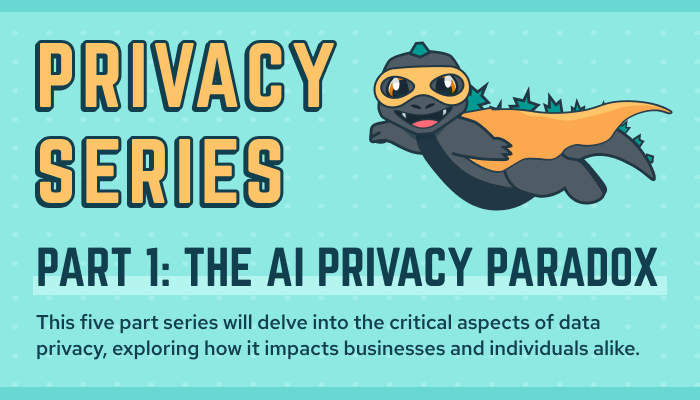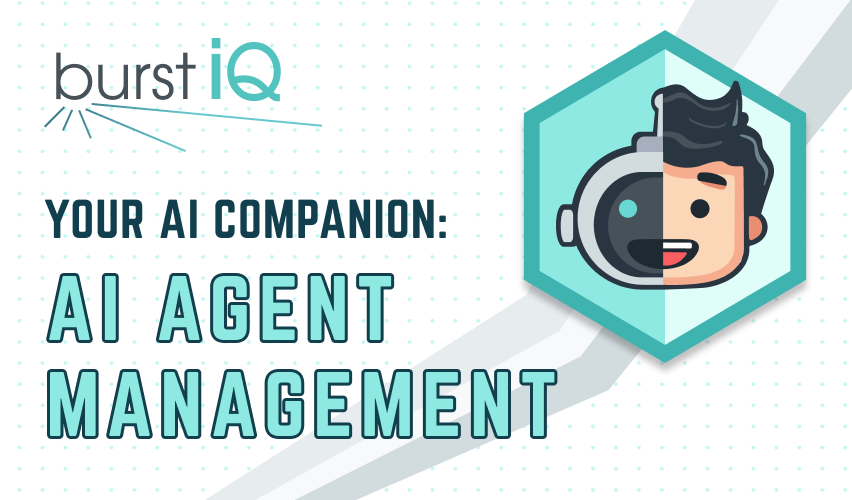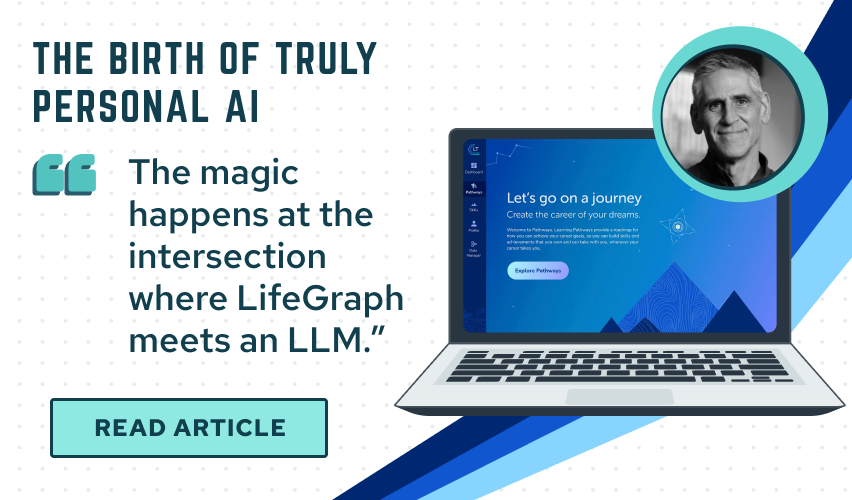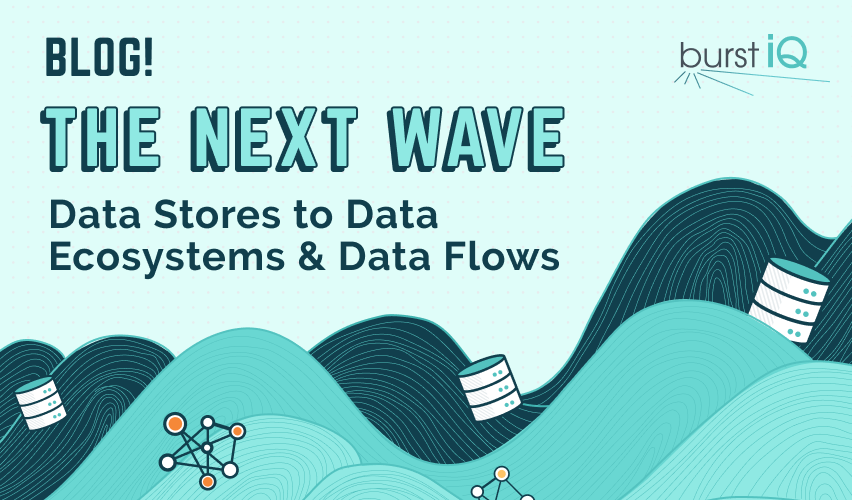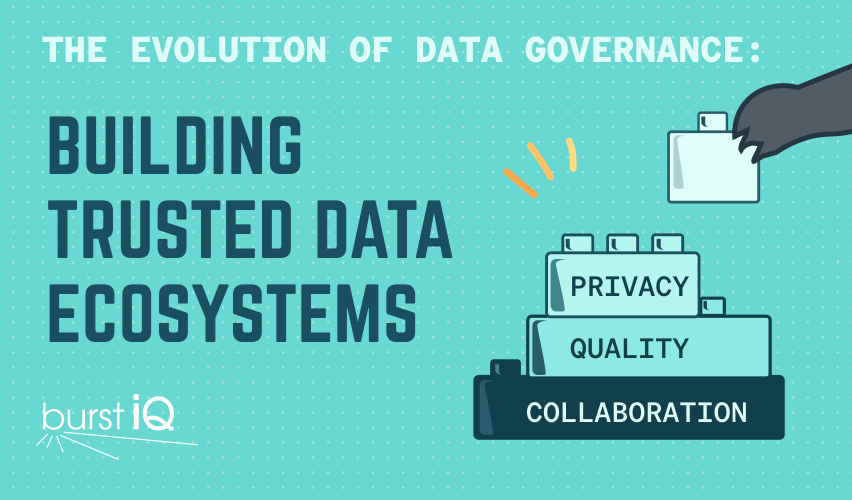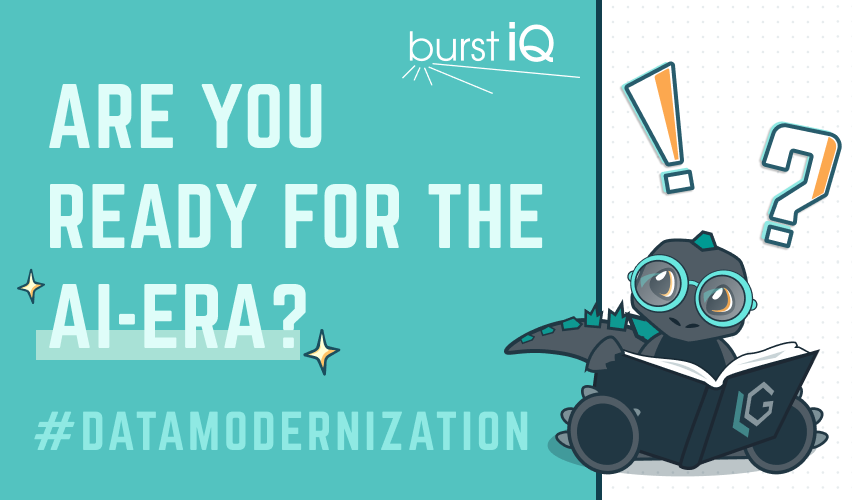Metaverse and Healthcare:
What’s in it for you?
What’s all the buzz about?
It has been nearly three and a half months since Facebook announced they would become Meta, and in this time other conglomerates such as Microsoft and Amazon have been pursuing ways they, too, could push the boundaries of connectivity. Quite literally the reason Facebook decided to make such a transformative name change was to announce the company’s new approach to to stay connected through a metaverse. The decision was made to inspire and inform consumers of the potential benefits that virtual interactions could exhibit.What is a Metaverse?
So what is a metaverse? There’s no simple definition of a metaverse, but for the purposes of this article it is essentially a digital extension of the real world. It captures data from people and how they interact in a digital world. You experience this alternative world through the use of an avatar who carries your digital DNA and exhibits traits you create through apps, health trackers, online interactions – essentially any connection that captures data about you as a person.These virtual worlds capitalize on technologies such as virtual reality, artificial intelligence, and machine learning as well as physical devices such as IoTs. These technologies produce an incredible amount of data that all work together to create a simulated environment for people to interact, form relationships, build an economy – essentially to participate in a variation of the real world. But what if that virtual world enabled advancements that would surpass human ability?
Metaverse for Healthcare
Based on a multitude of research, a metaverse has opportunities to positively impact many industries, but by far the most intriguing is how a digital reality could revolutionize modern healthcare. People are already utilizing technologies like IoTs that help them track their heart rate, apps that help them measure activity, and telehealth to decrease the demand for in-person appointments, so it’s not far off to say we’re already operating in a primarily digital health space – especially true in a pandemic world where traditional brick and mortar health interactions have become predominantly virtual. But is a healthcare metaverse feasible? It’s important to look at the amount of data generated from a digital world, where that data can be stored, and how it will be shared to continue to evolve the metaverse in an ethical, user-friendly way.In a healthcare metaverse an avatar captures a patient’s digital DNA and represents that patient in a virtual world – so if they have a diagnosis such as diabetes, their avatar will also have diabetes. If a patient wears a health tracker, uses apps, has electronic interactions with their medical team, all that data is captured in the metaverse.
Now, imagine a platform where health organizations can work with all the data in the metaverse generated by millions of different avatars. In this simulated environment, you can analyze the data from every person in the metaverse who has diabetes. Using artificial intelligence and machine learning, you can gain insights about what treatments might be most effective for diabetics, or what interactions are most likely to encourage them to more actively participate in their care, or the most cost-effective way to treat diabetes. The data in the metaverse has the potential to improve outcomes, reduce costs, and improve the quality of care across the entire healthcare continuum.
Using Human Data Ethically
Companies like BurstIQ utilize blockchain technology as a service to help healthcare organizations build solutions that address healthcare’s recurring themes: patient engagement, risk assessment, cost control and more. Given the strict regulations for the safe handling of personal health information (PHI) and personally identifiable information (PII), BurstIQ applied their data security expertise to move health information to the chain. Blockchain not only ensures the safe handling of PHI and PPI, it makes the data reliable, complete, timely and secure. In a metaverse full of data, knowing the data is trustworthy is critical for accurate analytics.In a health metaverse, or any metaverse for that matter, trust has to be a 2-way street. If patients are willing to share their personal information, your organization must demonstrate you’re using their data in an ethical way. FaceBook is notorious for selling user data without their consent. Not only did this come with costly fines, it eroded trust and the company’s reputation.
Applying blockchain services like those from BurstIQ can give people control of how their data is used through consent contracts. By sharing their data with your organization, patients expect you to use this data to deliver value in the form of more personalized health solutions. This type of engagement not only improves healthcare solutions, it builds trust between patients and the organizations seeking to make healthcare better.
In Conclusion
The metaverse holds incredible opportunities for data sharing and health analytics. The potential of conducting research in a virtual world full of the digital DNA of multitudes of patients will most definitely advance healthcare. For organizations that wish to capitalize on the metaverse, they must do so in a respectful way and ensure they deliver measurable value back to the patients who give you access to their digital world.By David Thompson, Tech Times 09 February 2022, 11:02 am
Read the article on TechTimes
About BurstIQ
BurstIQ is the leading provider of blockchain-enabled data solutions for the identity, healthcare and life sciences industries. The company’s secure data exchange network combines blockchain, multi-layered governance and best-in-class security to build multi-dimensional profiles, called LifeGraphs®, of people, places and things, and empower the connections between them. LifeGraph® Network allows organizations to manage the ownership and sharing of sensitive data, with consent, governance and process automation built in. The result is a global, secure data network that allows health systems, payers, digital health companies, pharma & life science companies and governments to collaborate, share, discover and build the impossible.
For more information visit: www.burstiq.com| Facebook| Twitter| LinkedIn| YouTube
